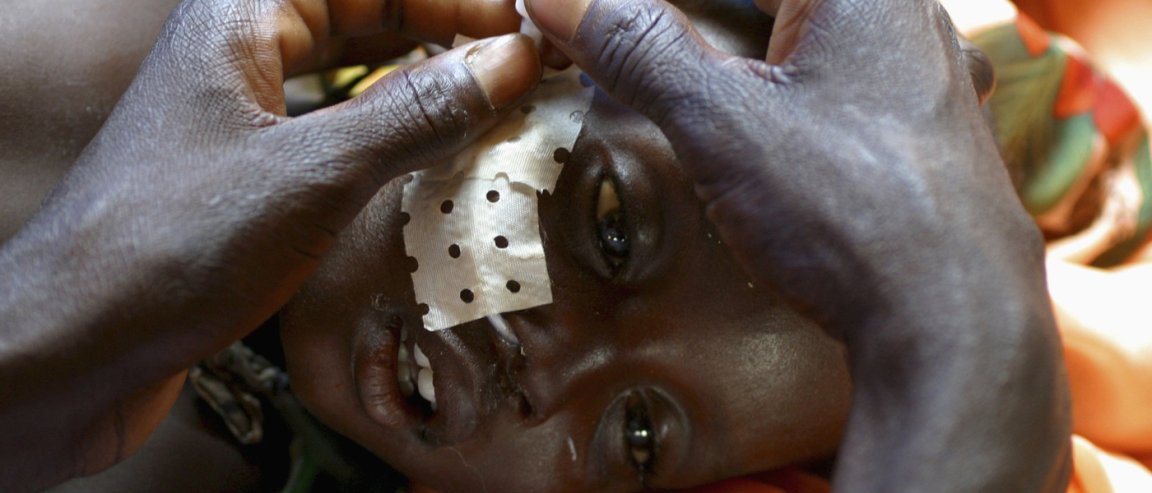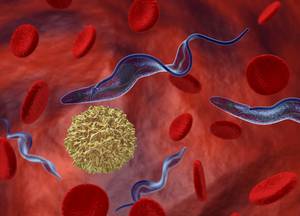
A New Drug And a New Hope
One drug is giving new hope to millions of people living in poor conditions who might be exposed to deadly tropical diseases.
Chagas disease, leishmaniasis, and sleeping sickness are three infectious that impact many worldwide, but they are also often neglected diseases. They are caused by three parasites: Trypansosoma cruzi, Leishmania, and Trypanosoma brucei. Chagas disease, or the so-called “kissing bug,” can cause the heart and digestive system to become enlarged; Leishmaniasis causes a variety of symptoms, ranging from anemia and fever to totally damaging the lining of the nose, mouth, and throat; and sleeping sickness, or Human African trypanosomiasis, can lead to coma when the parasite brought by the tsetse fly penetrates the brain.
These three combined infect an estimated 20 million people and kill 50,000 each year, according to a BBC report. Just to be clear, these diseases can be cured, but the treatments are expensive, toxic, and impractical. They need to be given via an intravenous drip, and for people living in remote and poor regions around the world, who are the most prone to the disease, this simply doesn’t work.
Scientists, however, have discovered a new drug that can wipe out all three infections in a single punch.
Binding the parasites
For the study, published in the journal Nature, a group of researchers tested 3 million compounds made by pharmaceutical company Novartis in order to find which drug will kill multiple parasites. After millions of tests, the team emerged with one—GNF6702—which they then refined to make its ability to bind the parasite about 20 times more potent.

The drug has been successfully tested on mice. It will soon be subjected to a human test trial once the research team deems the toxicity levels are safe, and if it works, this drug could save thousands of lives affected by these common yet neglected diseases.
“What makes it special is the fact it is targeting all three parasites. That’s the first time it has been done, so it is quite special,” said Dr. Elmarie Myburgh, one of the researchers based at the University of York, according to the report.